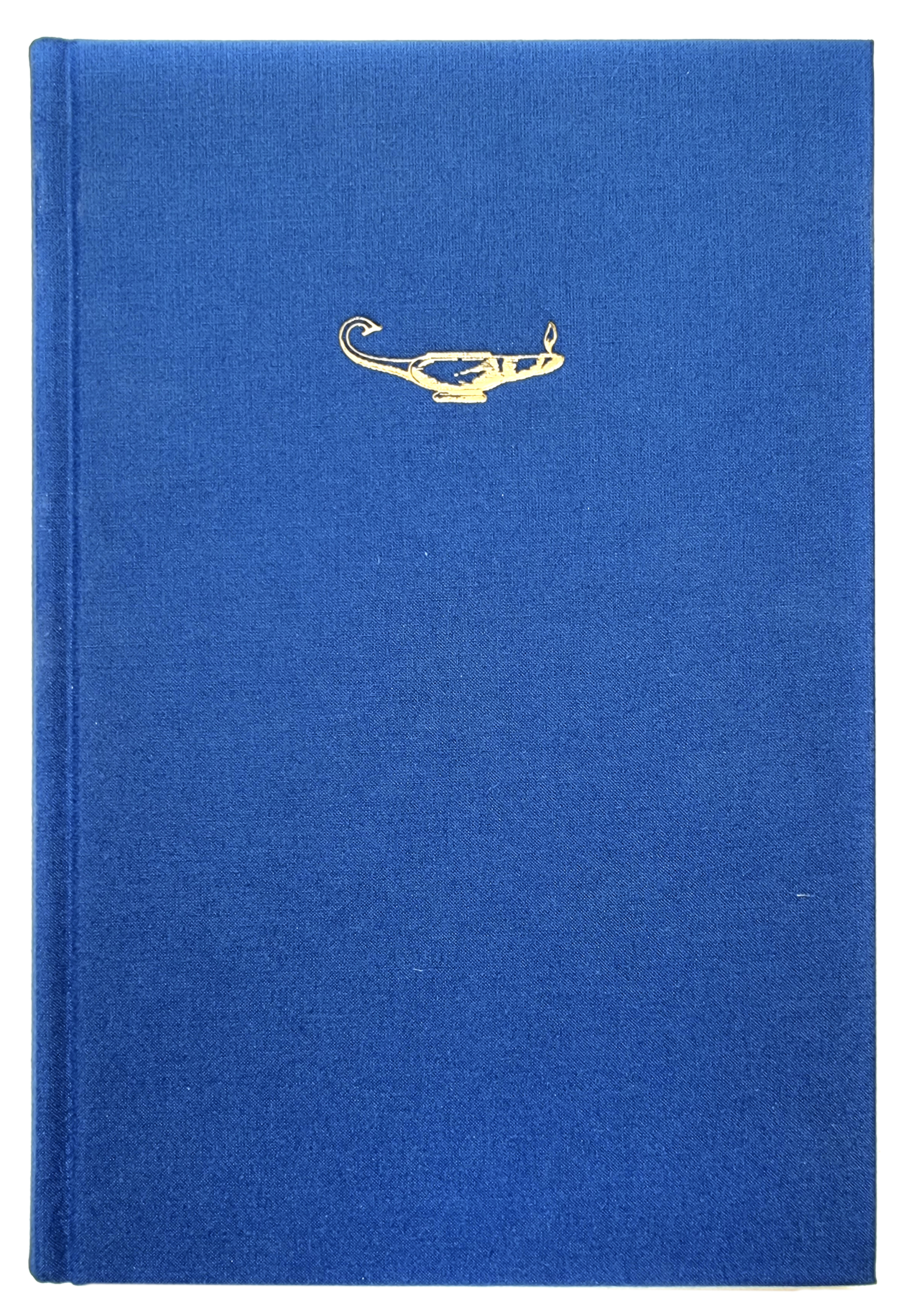George Friedrich Meier and the promotion of the philosopher in the German civic Enlightenment
Nyckelord:
persona, identity, cultura animi, early German Enlightenment, Georg Friedrich Meier, Christian Wolff, Alexander Gottlieb BaumgartenAbstract
Historians of philosophy have in recent decades used the concept of persona to analyze the construction of identities and selves in historically specific contexts. In this article I contribute to this field by focusing on a particular case: that of the eighteenth-century German philosopher Georg Friedrich Meier and his ideal portrait of the true philosopher, published in 1745. I begin by situating Meier in the context of early eighteenth-century intellectual culture and debate, and show that the persona of the true philosopher took form in relation to the needs and demands of the Prussian state. Nonetheless, there was significant tension between the sociopolitical aspects of this identity and portrayals of the true philosopher as an uncompromising truth teller in the tradition of the Socratic sage. This tension, finally, leads into a more central discussion regarding the scholarly analysis of personae and identity formation in early modern philosophy.
Downloads
Publicerad
Nummer
Sektion
Licens
This work is licensed under a Creative Commons Attribution 4.0 International License. The copyright for the work published in Lychnos remains with the authors.


